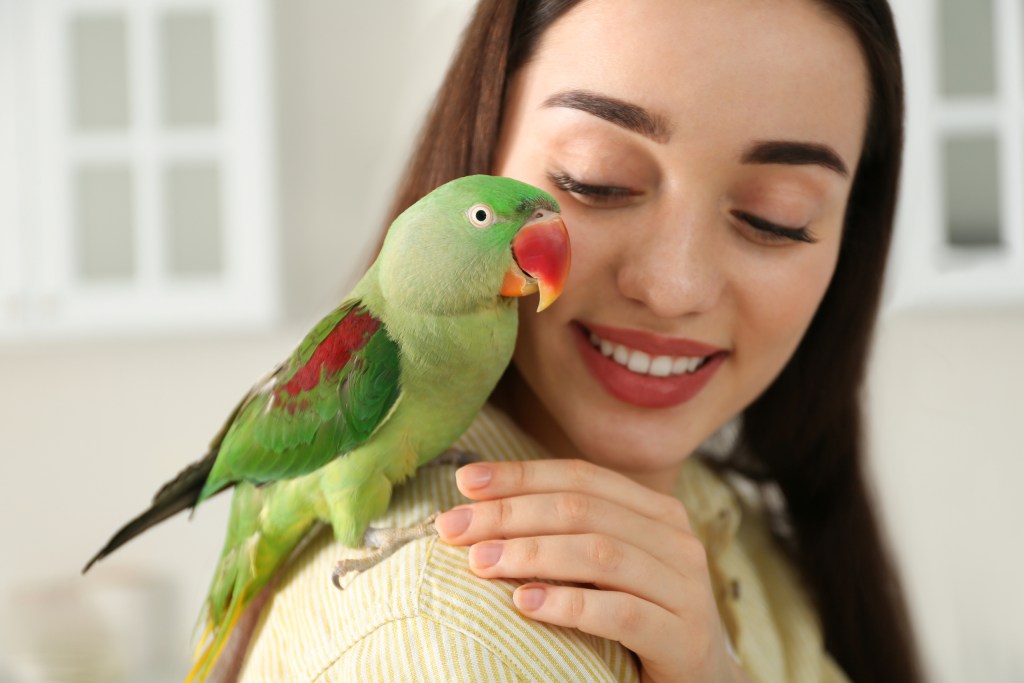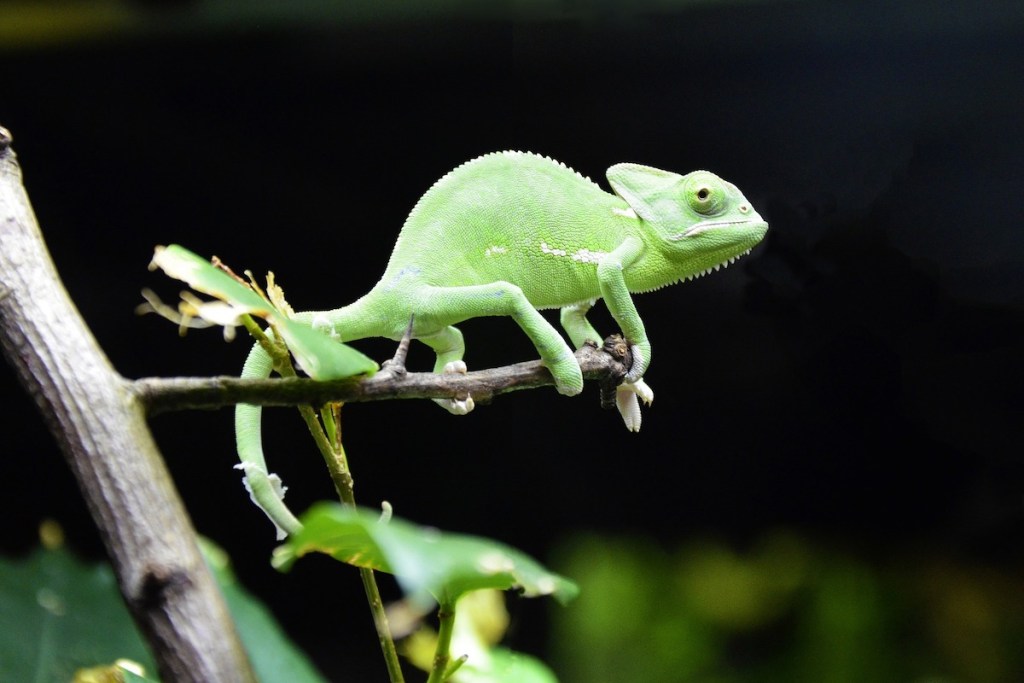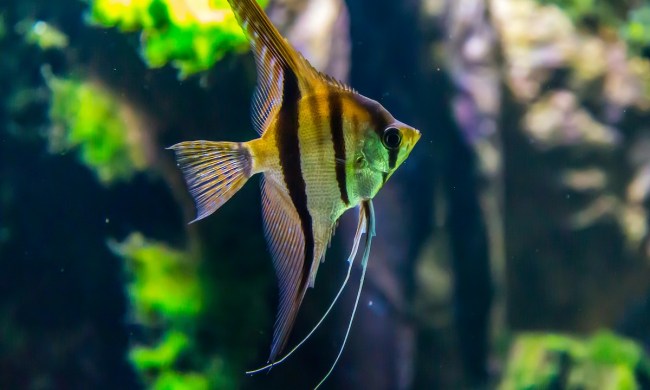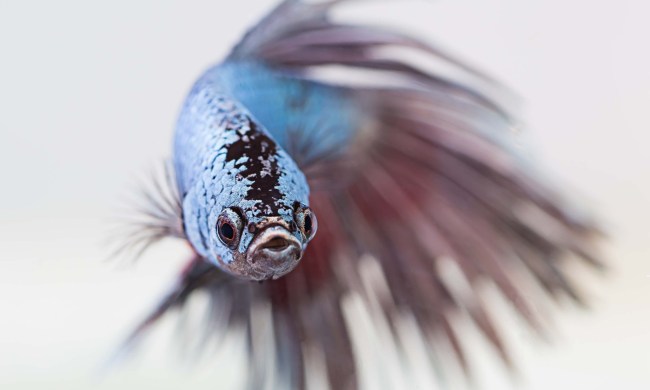Small pets come in all different shapes, sizes, and personalities. Finding the right one might present you with choice overload, but we bet there’s someone out there who fits your lifestyle and moves at your speed. When thinking about what small pet is right for you, first plan for his care and attention requirements. But don’t forget other traits, too, like cuddliness and loudness. Here’s a pet to consider for every type of person.

For the cuddler
Looking for a cuddly pet but can’t do a cat or dog? You can choose from plenty of snuggly animals that don’t require daily walks or a litter box. Guinea pigs will add a lot of nuzzling to your life yet don’t take up much room and can entertain themselves, provided you get a same-sex pair. Unlike hamsters, guinea pigs are not strictly nocturnal, and they’ll be awake at least part of the day when you are. But they do love cat-naps, so feel free to crash when your pet does if you see them start to yawn. They’re naturally affectionate, plus they enjoy attention and the opportunity to explore. Make sure if you take them out of the cage that you keep a watchful eye on your little rodents since they tend to wander.
For the traveler
Your aquarium doesn’t need to be just for fish. If a singular school’s not quite your vibe, you can mix it up with other aquatic pets like snails, an aquatic frog, or hermit crabs. This requires a bit more initial investment to get the necessary tank and accessories, but then your new pet will thrive with little intervention from you. Provided you have a filter and automatic feeder for everyday meals, you can even leave them for a few days at a time. Also, check out digital water-testing devices that will text you with updates when your chemical levels get out of sync.

For the gamer
We’re not suggesting you teach your parrot to win Fortnite, but birds love to play other kinds of games. Many parrots and even budgies are easy to train and hungry to learn. They enjoy interacting both with you and with toys in their cage, which means you can choose to watch them up close or from afar. While you’re at it, teach your pet cute tricks like how to wave with a wing or speak on command. Hand-raised birds will also play in your hair or ride on your shoulders around the house, making them the ideal companion for keeping you entertained during the day.
For the couch potato
Pets require a lot of work, affection, and commitment. Of course, some pets are pretty chill and don’t need constant attention. Looking for the ultimate slow-paced pet? Consider a tortoise for your four-legged friend. While tortoises can actually be extremely affectionate and even enjoy being stroked and handled, they mostly want to sleep, bask, and munch on lettuce. Feel free to join them in this pursuit of laziness.

For the thinker, not doer
If you want a true look-but-don’t-touch animal, we recommend the chameleon. This lizard needs a bit more space, so bring him home only if you’ve got extra. While his habitat takes work to create, most of his needs will then be provided for, outside of regular feedings. Chameleons are solitary and require no companions, nor do they particularly want your company. In fact, too much handling might stress him out. However, there’s plenty of fun to be had in just watching a chameleon. You can observe his color changing, funky eyes, and super tongue to your heart’s content. When he’s not eating or drinking, you may find him sunning under the heat lamp or hanging out on a branch. We’re sure he’s pondering the great problems of the universe up there.
Next time you wonder what type of pet you should get, think about finding one whose lifestyle and personality match yours. Whether you’re looking for a snuggly best friend, a funny loner, or a lifelong companion, you’ll find exactly everything you need (and nothing you aren’t ready for) in one of these small animals.



